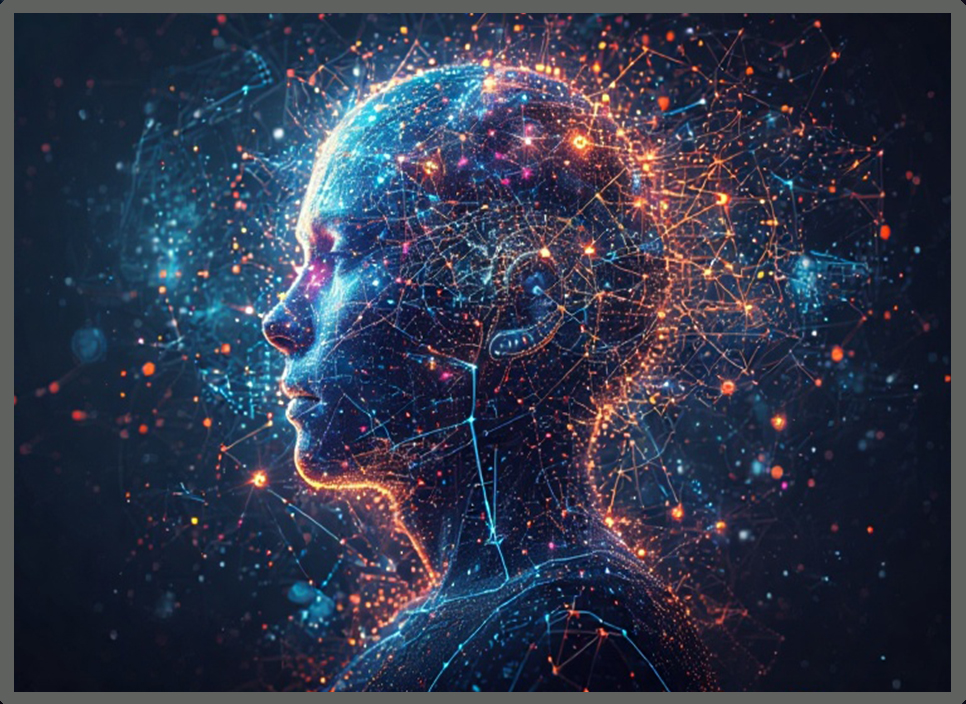Gen Z can get off their digital high horses because their passwords are no more secure than their grandparents'.
According to NordPass, there is no real difference between the security of those used by the younger generation and their supposedly tech-illiterate ancestors.
In fact, the security company's analysis of passwords this year shows the most common choice among those born in 1997 and younger was weaker than almost every other generation… by one digit.
"12345" was the top choice among Zoomers this year, whereas the far superior "123456" was preferred by Millennials, Gen X, and Boomers. So much for the "digital native" title often handed to the youngest generation.
And while there were a few more "skibidis" among the Zoomer dataset compared to those who came before them, the trends were largely similar.
Variants on the "123456" were among the most common for all age groups, with that exact string proving to be the most common among all users – the sixth time in seven years it holds the undesirable crown.
Some of the more adventurous would stretch to "1234567," while budding cryptologists shored up their accounts by adding an 8 or even a 9 to the mix.
However, according to Security.org's password security checker, a computer could crack any of these instantly.
Most attackers would not even need to expend the resources required to reveal the password, given how commonly used they are. They could just spray a list of known passwords at an authentication API and secure a quick win.
NordPass said: "Despite significant efforts over the years to educate users about cybersecurity through awareness campaigns, our data shows little improvement in widespread password hygiene and security habits.
"With the number of breach cases growing each year, the problem remains as prevalent and dangerous as ever, suggesting that current approaches fail to drive meaningful change."
- Louvre's pathetic passwords belong in a museum, just not that one
- You'll never guess what the most common passwords are. Oh, wait, yes you will
- Locked out of your Gmail account? Google says phone a friend
- Why UK businesses are paying ICO millions for password mistakes you're probably making right now
One glimmer of hope from the global data, taken from recent breaches and dark web repositories, was that the use special characters is on the rise.
On the list of the 200 most common passwords of the year, 32 had some sort of special character – usually an @ – up from just six the year before.
NordPass said the @ character was often used in place of the letter A. Think "P@ssw0rd" and the like.
There were also no muscles being pulled when it comes to setting passwords in professional environments because "admin" and variations on that theme were also among the most common passwords in use presently. According to NordPass, it was the second most used password globally, and the top choice in countries such as Australia, Canada, Germany, Ukraine, the United Arab Emirates, the UK, and the US.
Surely, this many organizations are not choosing "admin" in the current cybersecurity environment, right?
We asked NordPass whether this was a sign of seriously poor password choices or if it was a case of default credentials not being changed (which isn't necessarily better).
A spokesperson said it was difficult to say conclusively what's going on, but other common default passwords, such as "welcome" and the classic "password," also featured heavily in the top-200 list.
As any good purveyor of password managers would do, NordPass recommended users get one, and use it to generate and store complex, unique strings for each login, as well as using multi-factor authentication for extra peace of mind. ®
.png)




